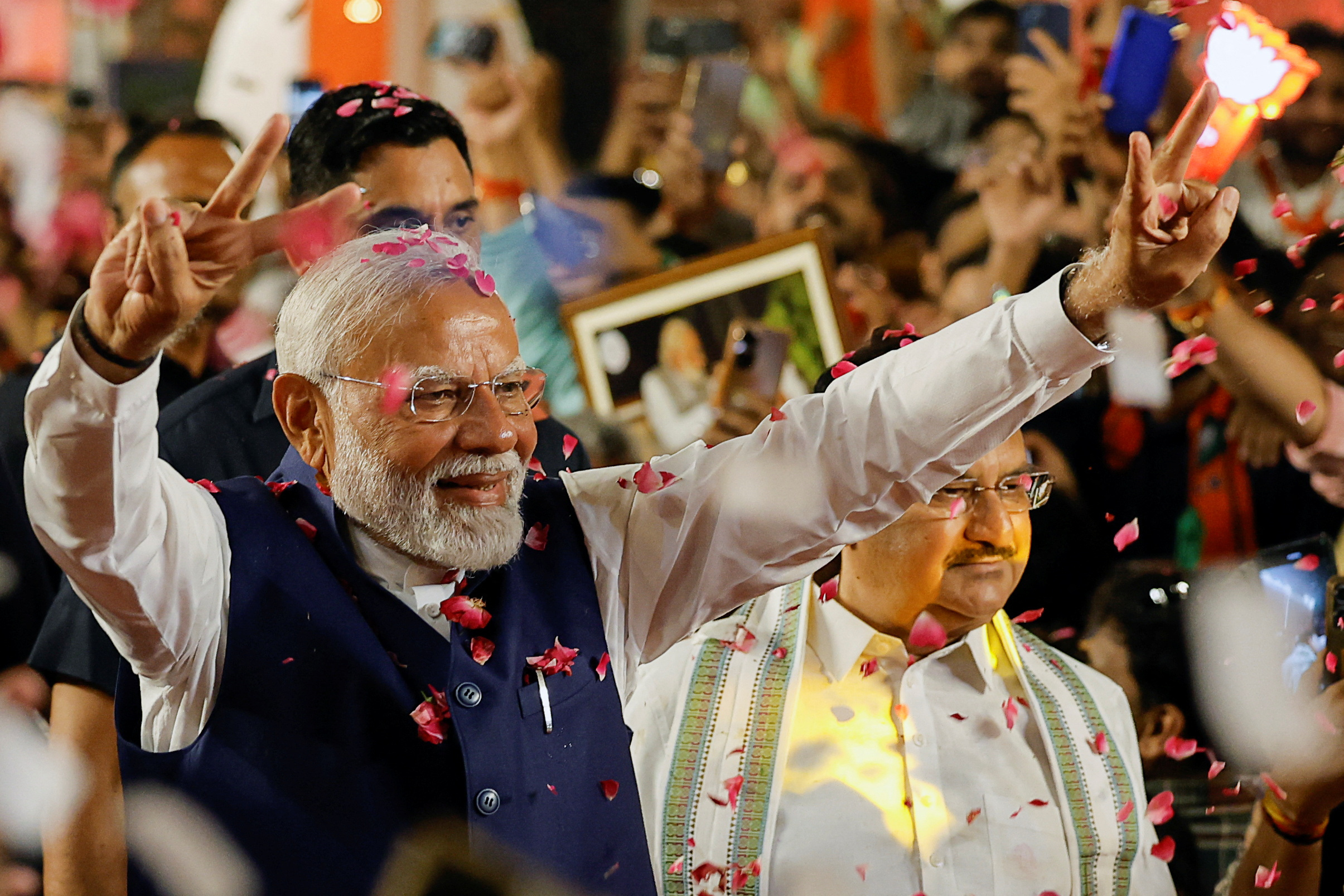Lesotho is a country located in Southern Africa. It operates as a constitutional monarchy with a parliamentary system. Here is some information about the election system in Lesotho:
- Parliament: The Parliament of Lesotho is the country’s legislative body. It is a bicameral institution consisting of two chambers: the National Assembly and the Senate.
- National Assembly: The National Assembly is the lower house of Parliament. It has 120 members, with 80 members elected through constituency-based direct elections and 40 members allocated through proportional representation. The National Assembly is responsible for making laws and representing the interests of the people.
- Senate: The Senate is the upper house of Parliament. It has 33 members, with 22 members appointed by the King on the advice of the Prime Minister and 11 members elected by the National Assembly. The Senate reviews legislation and provides a forum for discussing national issues.
- Electoral System: Lesotho uses a mixed electoral system for the National Assembly elections. The majority of seats (80 out of 120) are filled through constituency-based direct elections, where candidates who receive the highest number of votes in their respective constituencies are elected. The remaining 40 seats are allocated through proportional representation, based on the overall percentage of votes received by political parties.
- Voter Eligibility: Citizens of Lesotho who are at least 18 years old have the right to vote in elections. Voter registration is required, and eligible voters must be included in the voter roll to participate.
- Political Parties: Lesotho has a multi-party system, with several political parties participating in elections. Some of the major political parties in Lesotho include the All Basotho Convention, the Democratic Congress, and the Basotho National Party, among others.
It is important to note that Lesotho has experienced political instability and periods of tension, resulting in several changes in government and electoral processes.



